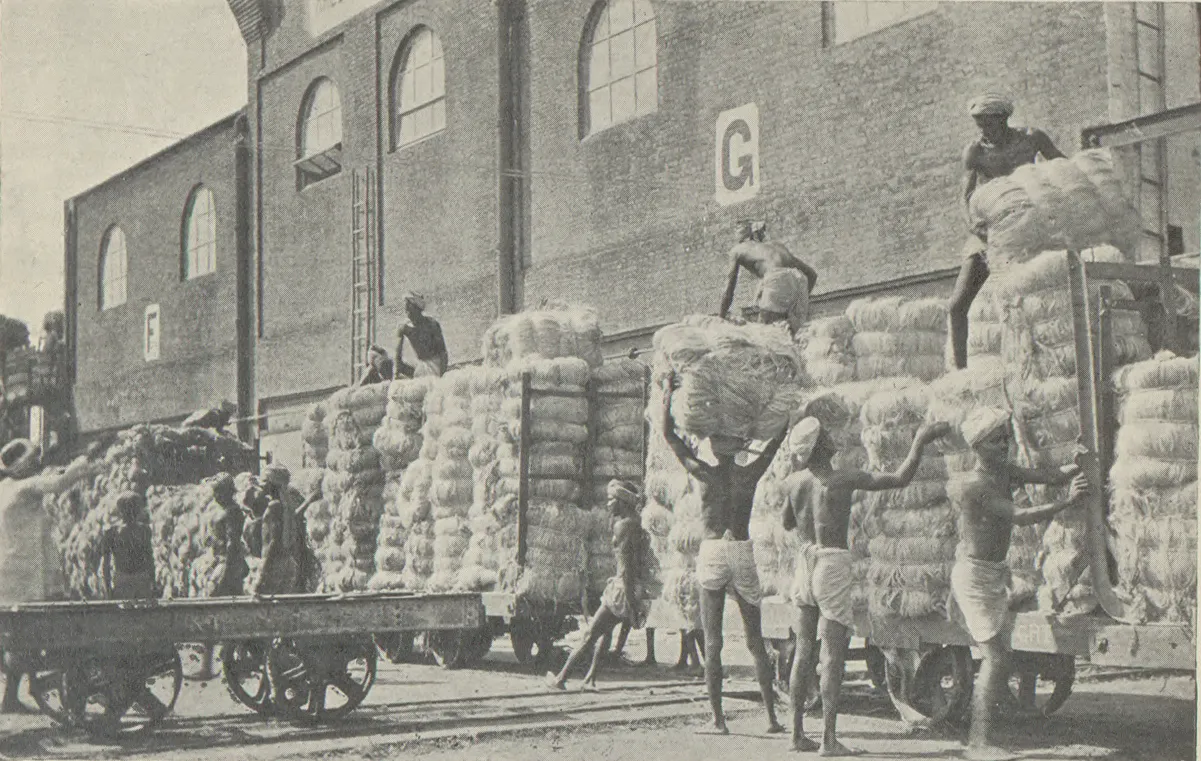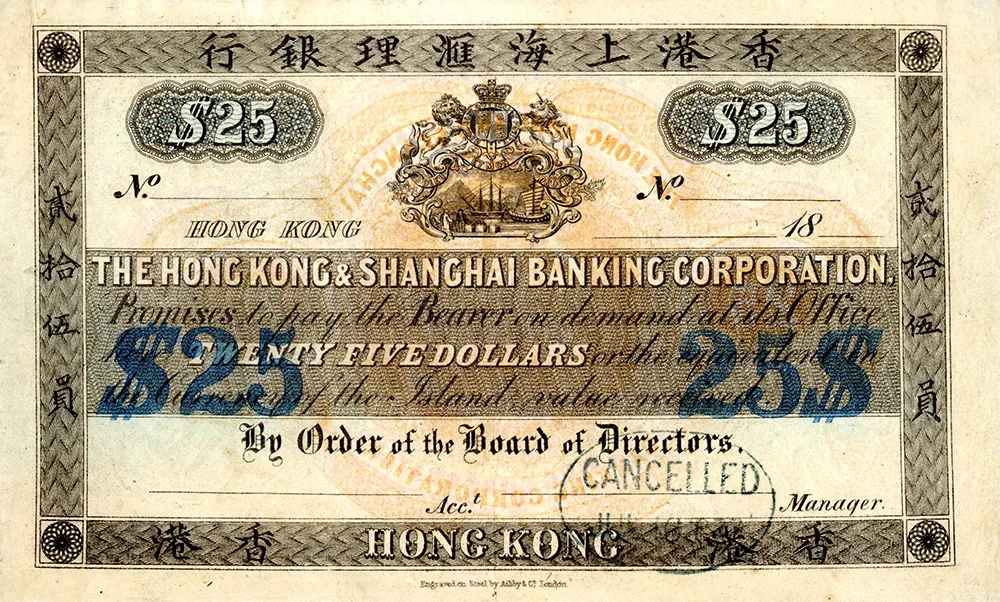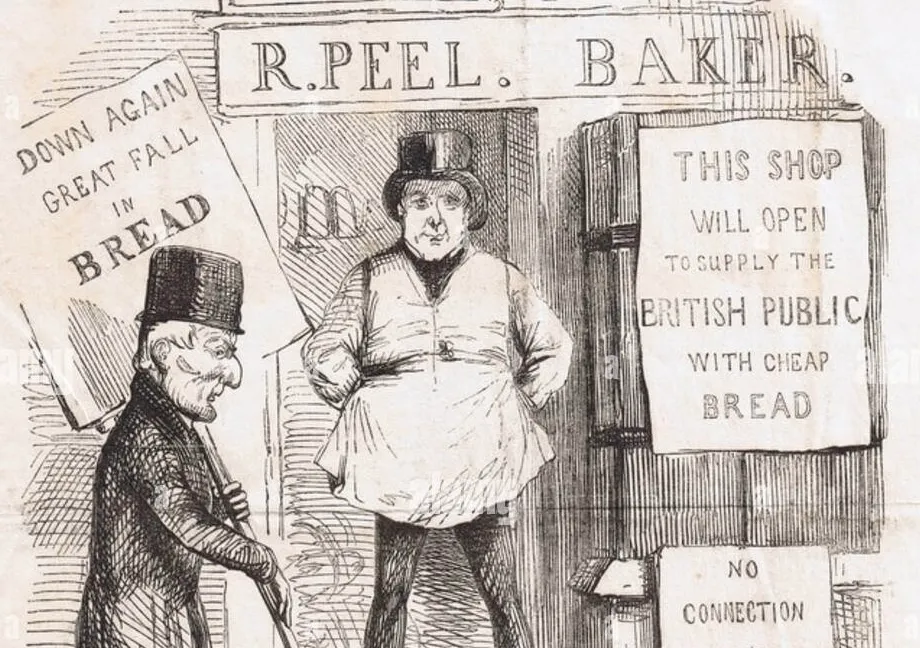Revolutionary Revolutions: Rethinking how we teach the political revolutions between 1750 and 1900

Table of Contents
Dear #APworld teachers, if you want a fresh, global approach to teaching revolutions, come check out our #whapchat discussion this week led by @ERBeckman and @bramhubbell - I know I’m spending some time this weekend revamping my lessons! #sschat #worldhistory #historyteacher https://t.co/Av5nMPkyfp
— Angela A. Lee (@mrshistorylee) January 25, 2019
For many people, Twitter is a toxic morass of partisan political commentary, chest-thumping sports boosterism, and witty commentary about the latest awards show, but there are also dozens of teachers engaging in the nerdy pleasure of tweeting about world history pedagogy. Angela Lee, a teacher at Weston High School, started #whapchat (short for World History Advanced Placement Chat) in January 2015. While there have been ups and downs in the number of participants and the range of topics, this slow chat about world history teaching has gradually gained lots of momentum.
Each week, one or two teachers volunteer to write the discussion topics and moderate the discussion using three to five prompts. Last week, Eric Beckman and I led a discussion about the political revolutions in Period 5 (AP World History’s periodization for 1750 to 1900). While there had been previous #whapchat discussions about these revolutions, Eric and I talked about how we could encourage teachers to question some of the traditional issues related to these revolutions, be more open about the challenges in teaching these revolutions, and share some of the exciting strategies and resources they are using. The discussion over the course of the week addressed a wide range of issues and highlighted how we as teachers can learn from each other in ways that push the boundaries of modern world history.
I’ve put together a few highlights from last week’s discussion, so others can easily see some of the great ideas and resources that an amazing group of teachers and professors shared last week. I encourage you to scroll through the conversation on Twitter, since I’m only posting the prompt and a few responses from each day of the slow chat. Each tweet image should also link directly to the original tweet. I also hope these tweets and resources inspire other teachers to think about how we can decolonize our modern world history courses.
Monday and Tuesday, 21 & 22 January
Q1: This week on #whapchat, we’ll be talking all about the Atlantic Revolutions or maybe it’s the Age of Revolutions... Which do you use in the classroom? What works? What do you want to improve? pic.twitter.com/VqMD6x1nrl
— Bram Hubbell (@bramhubbell) January 21, 2019
A1: been using Atl. Rev. because it reinforces that ideas and events have an impact beyond national borders. I restructured my unit to focus on theme of revolution. Looking forward to Ss unpacking the factors that led to these movements throughout the Atlantic world. #whapchat
— Mike Lutz (@MrMikeLutz) January 22, 2019
Q1: I usually start the era calling it Atlantic Rev and sometimes change it by the end. I agree it would make a great discussion for Ss on what is the best name by end of Period 5. #whapchat
— Cynthia Platou (@PlatouWorld) January 23, 2019
I'd say that Age of Revolutions emphasizes plurality, but also pushes us to look past "Atlantic" which can be just as limiting. What about places not on the Atlantic? Are inland revolutions, not Atlantic? What about arguably revolutionary movements in the Indian Ocean World? /1
— Bryan Banks (@BryanBanksPhD) January 24, 2019
Wednesday, 23 January
For the 2nd day of focusing on the Period 5 (1750-1900) revolutions, how do we as teachers frame the Revolutions in ways that challenge or reinforce traditional hegemonies? #whapchat pic.twitter.com/GLqTxr1u7w
— Bram Hubbell (@bramhubbell) January 23, 2019
A2 I continue the conversation of the revolutions into the abolitionist movement, maroons and circle around with the story of the Amistad and the dilemma it presented to the US govt. #whapchat
— Cynthia Platou (@PlatouWorld) January 24, 2019
We can start with Maneula Sáenz, called the “liberator of the liberator” by Simon Bolívar, also her lover. She isn’t credited the same way Bolívar was, but my past textbook did mention her in passing, so I looked more and incorporated her into the narrative #whapchat pic.twitter.com/azqb6UMRVn
— Angela A. Lee (@mrshistorylee) January 24, 2019
Thursday, 24 January
Q3: For many of us, the story of the Revolutions in Period 5 (1750-1900) focuses on people of European descent. How can we challenge that pattern and foreground peoples of African and indigenous heritage? #whapchat pic.twitter.com/gmUWvqSnM3
— Bram Hubbell (@bramhubbell) January 24, 2019
a3- G.Horne's The Counter-Revolution of 1776 puts the AmRev in context of slave rebellions & British abolitionism: AmRev was harmful to Af-Am and indigenous populations, creating the 1st apartheid state. GB had more to offer in terms of indigenous lands and manumission.#whapchat
— j fernandes (@westhighlandrim) January 24, 2019
A3 Alan Taylor's *Internal Enemy* taught me a lot about how the British 1812 represented freedom for enslaved people. Tracing freed people moving from US to Nova Scotia to Sierra Leone could make for a great story or activity for students#whapchat https://t.co/4BVXWEJREe
— Eric Beckman (@ERBeckman) January 25, 2019
I don’t recall if it was me in the recording but it could have been; I discuss the erasure of the indigenous in my dissertation. And I agree, we should actively avoid doing this erasure when we talk about independence struggles in settler colonies! #whapchat
— Thanasis Kinias, Ph.D. (@tkinias) January 25, 2019
Did my best to clean up a 20-year old lesson I got from Northeastern pd (IDK who Abigail Cox is, but this lesson is impressive - should be 14 pages when opened) - the African Roots of the Haitian Revolution: https://t.co/Ppgq4dvKqO #whapchat How can we improve this lesson? pic.twitter.com/9V6bQXFTt7
— Gandalf the Greene (@worldhistorytea) January 25, 2019
Friday, 25 January
Q4: For the final day of this week’s #whapchat, we ask another question about challenging patterns. How do we foreground the role of women in the Revolutions of Period 5 (1750-1900)? pic.twitter.com/ooMGwC5X0I
— Bram Hubbell (@bramhubbell) January 25, 2019
A1: I created a mock trial based on the trial of Micaela Bastidas, Tupac Amaru’s wife and co- conspirator. It highlights the intersection of gender, indigenous identity and Spanish colonialism. #whapchat
— Jennifer do Carmo (@Jdocarmo71Carmo) January 24, 2019
Liberating Narratives Newsletter
Join the newsletter to receive the latest updates in your inbox.



